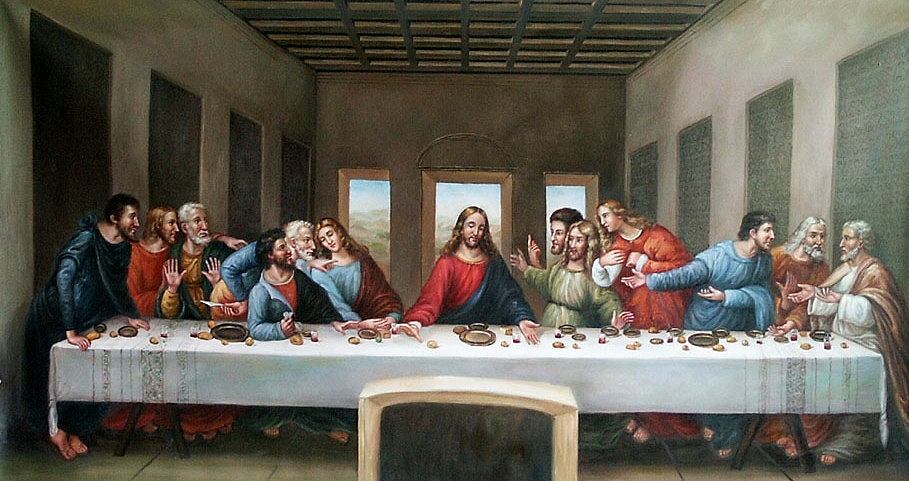
MY REFLECTION:
In this Unit, Julius Caesar we have discussed about conspiracy, friendship, and the importance about the Roman Government, and then finally prepared it into an end-of-unit essay. My writing is about Brutus, a loyal friend of Caesars and also a conspirator, fighting a battle within himself, to choose between his two loves, his friend or his devotion to his country,
In the first paragraph of my essay I wrote, ‘Brutus finds himself sorry that he is killing a great friend of his, but always has the bigger picture in mind. Brutus has two options; first of all letting Caesar live and the government is ruled by a monarch or to kill Caesar and the government stays as a democracy’. I think that this expresses the struggle Brutus had to face, but never forgetting the right way but I think that that was my only appropriate straight to the point idea and I kept on repeating myself over and over again. I think if I planned my essay better in the planning sheet I would have probably done a better job.
I think I organized my writing fairly well, aside the fact that the essay was not finished, however in the introduction paragraph I realized that one really obvious fault I made was that I wrote the paragraphs in the wrong order, in the introduction I wrote ‘However, love and patriotism motivates and takes advantage of him.’ When in the actual essay I wrote it the other way around.
My personal growth has improved by a bit I think, writing essays is not really my strong point. I find it difficult to get all the information down on the paper and I break underneath the time limit pressure. However, in The Alchemist I think that my first draft of it was fairly poor and I really didn’t know what I was talking about, I kept on going over and over about the same things and repeating myself. Now I still do repeat myself but a bit less then usual.
One SLR I think should have been useful and I think if I worked on this SLR harder I might have been able to create this essay a lot better. Think Creatively. If I thought creatively I might have been able write more ideas and also organize my essay a whole lot better.
MY ESSAY:
“ If then that friend demand why Brutus rose against Caesar, this is my answer: not that I loved Caesar less, but I loved Rome more.” ( pg 128 line 19-20.) Marcus Brutus is a worthy man who is caught in the middle of fighting for his country or for his beloved friend. However, love and patriotism motivates and takes advantage of him.
Patriotic people like Brutus have a very devoted life towards their country, and would probably do absolutely anything to make their country a better place. In this case Rome. To Brutus, Rome is probably everything, his pride and joy, the place he was raised and now serves under as a noble. However, being patriotic Brutus lost one thing he could never replace, a friend and leader like Caesar. “Lets be sacrificers, but not butchers, Caius. We stand up against the spirit of Caesar, and in the spirit of man there is no blood. O, that we then could come by Caesar’s spirit, and not dismember Caesar. But alas Caesar must bleed for it. “ (Brutus pg 74 lines 166-171) The conspirators met up with Brutus and start talking about the plans for Caesar’s death, however Brutus finds himself sorry that he is killing a great friend of his, but always has the bigger picture in mind. Brutus has two options, first of all letting Caesar live and the government is ruled by a monarch or to kill Caesar and the government stays as a democracy. When he says “ O that we then could come by Caesar’s spirit and not dismember Caesar. But alas Caesar must bleed for it.” Brutus has some doubts of killing his friend, nevertheless he still decides to carry out the plan. “ After killing Caesar Brutus thinks that everyone is on his side and they all think that the murder is for a good cause, later on he realizes that to trust everyone is one of the biggest mistakes he has made. “ By your pardon: I will myself into the pulpit first, and show the reason of our Caesars death. What Antony shall speak, I will protest. He speaks by leave and by permission.” (pg 122) Antony wants to have a funeral for Caesar and Brutus lets him, although Cassius doesn’t think that it’s the brightest idea. He fears that Antony has enough power to fight and start a mutiny against the conspirators. I think that owing to the fact that Brutus is blind by his feelings for the country he doesn’t notice anything, is a really bad fault. I think that he shouldn’t have killed a friend like Caesar, maybe he should have tried to talk to him. That might have resolved everything besides killing a person for a country. Obviously the country has more people but wouldn’t it be better if it had a leader like Caesar.
Brutus’s power is also a strong aspect of himself. He is an honorable man who loves the people and also the country, a noble. “O, if thou wert the noblest of thy strain, Young man thou could’st not die more honorable.” (pg 192) At this part of the book, Brutus and Cassius is facing Octavious and Antony before the battle. Even though Brutus is against Octavious he can’t help but noticing that Octavious is honorable. He looks at the good of everyone around him. This is the motivation for the people and also himself. His honor is what drove him to killing Caesar as well. “What means this shouting?"



